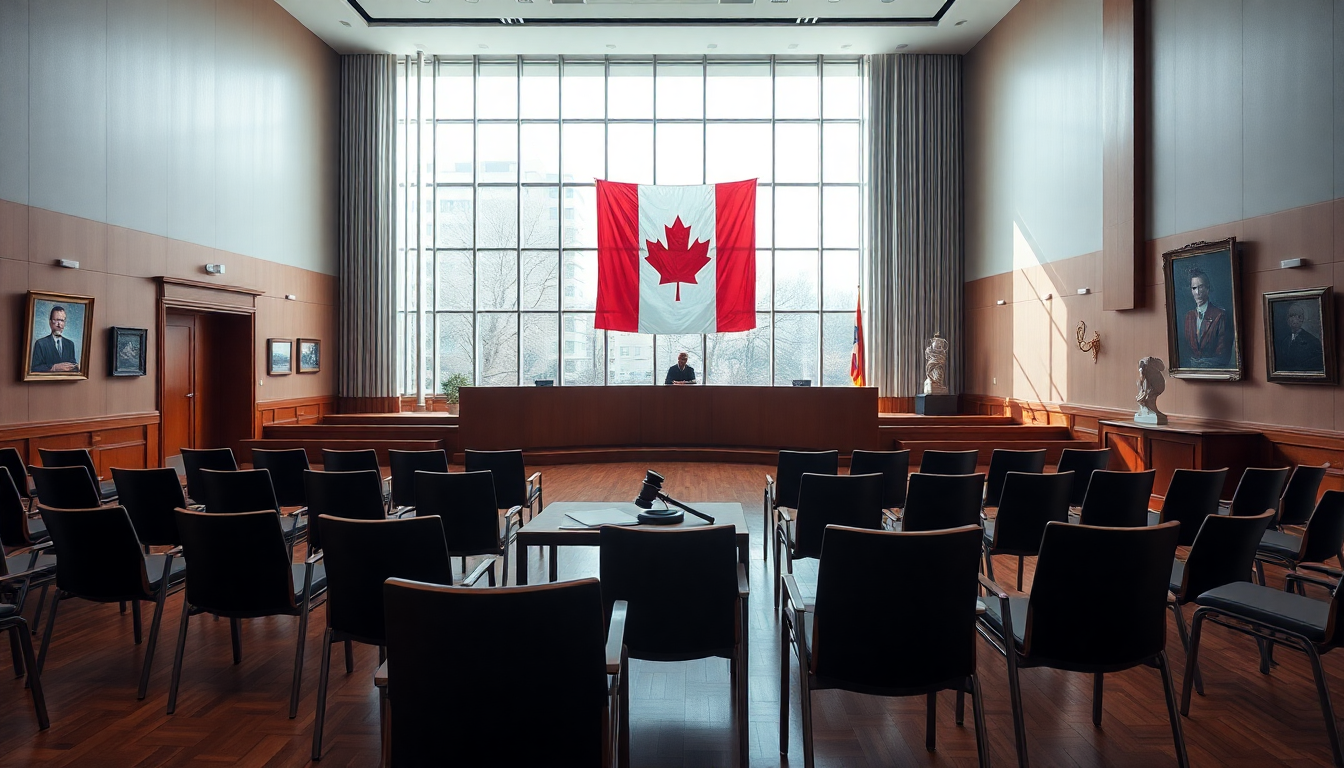Table of Contents
In a striking case out of Quebec, a judge’s decision to hand down a reduced sentence to a Black man for drug trafficking has ignited a passionate debate about systemic racism in the justice system. This ruling, shaped by the judge’s recognition of the systemic hurdles faced by the defendant, raises important questions about equality before the law. What does this mean for society’s perception of justice?
The Case Overview
In Longueuil, a suburb of Montreal, Judge Magali Lepage decided that Frank Paris, who was charged with trafficking cannabis and hashish, deserved a lighter sentence due to the systemic racism he had faced throughout his life. This decision stemmed from a report presented by Paris’s defense attorney, detailing how racism had influenced his experiences and choices. Ultimately, the judge sentenced him to just two years—much less than what’s typically expected for such offenses.
Quebec’s Minister for the Fight Against Racism, Christopher Skeete, voiced his disappointment with this ruling, cautioning that it might set a dangerous precedent that could lead to a division of citizens based on race. Skeete’s concerns reflect a growing unease about how systemic issues are dealt with in the legal system and their potential impact on equality under the law. But can we find a balance between acknowledging systemic challenges and ensuring fair treatment?
Systemic Racism: A Deeper Understanding
So, what exactly is ‘systemic racism’? It refers to the entrenched policies and practices that create and sustain racial inequality across various institutions, including the judicial system. This situation raises crucial questions about how the experiences of marginalized individuals are factored into legal proceedings. The court’s recognition of these influences in sentencing reflects a shift in attitudes toward justice but also introduces a new layer of complexity regarding fairness and equality.
Critics of the ruling argue that while it’s essential to recognize systemic issues, we should not establish different standards of punishment based on race. The concern is that such decisions might reinforce societal divides, implying that race can affect one’s treatment under the law. Isn’t it vital that justice remains impartial and blind to race?
The Broader Implications
This case is about more than just one individual’s sentence; it taps into deeper societal issues surrounding race and justice. It underscores the challenge of acknowledging the historical and systemic barriers faced by marginalized communities while also ensuring equal treatment in the legal arena. As public discourse evolves, how can legal systems navigate these complexities without sacrificing the foundational principle of equality?
The conversation sparked by this case also encourages us to rethink how policies and practices can be reformed to combat systemic racism while keeping justice blind. Engaging in open dialogue and reassessing existing frameworks will be crucial in crafting a more equitable legal landscape. What steps can we take as a society to ensure that justice is truly served for all?


